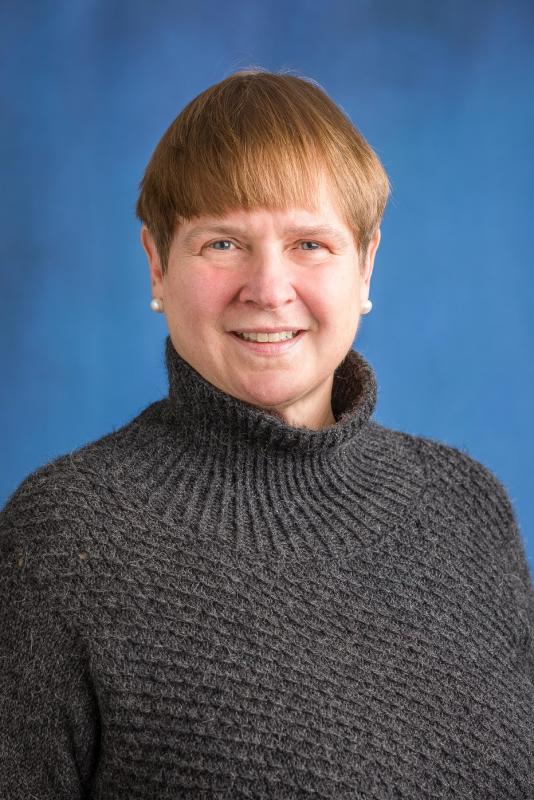Potential expansion of IRA Charitable Gifting opportunity
Since 2006, individuals age 70 ½ and older have been able to make direct charitable gifts from their IRA’s. The Qualified Charitable Distribution (“QCD”) provision was part of the Pension Protection Act of 2006, and has remained a smart charitable gifting option ever since. The dollar limit for any one or combination of multiple QCD’s has remained $100,000 per year per taxpayer age 70 ½ or older.
The QCD has not been eligible to fund what are known as “split-interest” gifts. These are charitable strategies that involve a gift to charity and a stream of payments to a non-charitable beneficiary. Charitable Gift Annuities involve a gift to charity in exchange for a promise by the charity to pay the donor and perhaps another person a fixed dollar amount annually for life. The amount payable for life is determined by the age(s) of the individual(s) to be paid and the dollar amount of the gift.
The QCD has also not been eligible to fund either a Charitable Remainder Unitrust or Charitable Remainder Annuity Trust. These trust arrangements involve the payment of either a percentage of the value of the trust annually (in the case of the Unitrust) or a fixed payment amount (in the case of the Annuity Trust) per year to a non-charitable beneficiary (usually the donor, or one or more family members), with the remainder being paid to one or more charities specified in the trust, after a term of years or upon the end of life of the non-charitable beneficiaries, again, as specified in the trust.
The Legacy IRA Act would permit a one-time QCD of up to $50,000 from an IRA to a charitable gift annuity (CGA), charitable remainder unitrust (CRUT) or charitable remainder annuity trust (CRAT). This can be an extremely tax efficient option for charitably inclined individuals to support charity and their own financial plans.
Practically speaking, funding a trust with $50,000 is not generally feasible. A donor could create a CRUT and make an additional tax-deductible gift with other assets, such as appreciated securities, and also make a $50,000 gift using a QCD. This would not be possible under current IRS regulations for a CRAT.
For the establishment of a CGA, however, this provision offers a great opportunity for charitably-inclined individuals and the charities they support. Generally speaking, the rate that would be paid to the individuals under a CGA are far above most market offerings. Here is a sampling of some of the recently published rates from the American Council on Gift Annuities (acga-web.org) that most charities follow in setting the rates they pay on CGA’s”:
Age Rates: Single Life
70 5.3%
75 6.0%
80 7.0%
85 8.1%
90 + 9.0%
Ages Joint Life
70 and 73-75 4.9%
75 and 76-77 5.3%
80 and 82 6.1%
85 and 86 7.0%
90 and 91 + 8.8%
These rates are significantly higher than those currently generated by many fixed-income investments like CD’s, Treasuries or some bonds. Typically, a joint life annuity is created by two spouses, and the rates are slightly lower than those for single lives.
It also should be noted that using a QCD can reduce or eliminate entirely the Required Minimum Distribution for those age 72 and older, thus reducing the taxes ultimately paid that would otherwise be payable by the IRA owner taking the distribution.
For non-profit organizations, this could be a significant development if your organization offers charitable gift annuities as a strategy for gifts. For individuals age 70 ½ or older, if you want to learn more, contact your legal and tax advisors about using a QCD of up to $50,000 to fund a split-interest charitable gift.
Allen Insurance and Financial does not provide legal or tax advice. You should consult a legal or tax professional regarding your individual situation. The use of Trusts involves complex tax rules and regulations. You should consider the counsel of an experienced estate planning professional before implementing such strategies. Commonwealth Financial Network® does not provide legal or tax advice. You should consult a legal or tax professional regarding your individual situation.
About this blog:

Sarah Ruef-Lindquist, JD, CTFA
Sarah believes sound, thoughtful planning is a gift we give ourselves, our families and our community.
She is a lawyer and seasoned non-profit executive who has worked with dozens of organizations, individuals and families as a philanthropic advisor and senior trust officer. She holds the Certified Trust and Fiduciary Advisor certification and FINRA Series 7 and 66 registrations through Commonwealth Financial Network. Sarah and her husband live in Camden. The Financial Advisors of Allen Wealth Management are Registered Representatives and Investment Adviser Representatives with/and offer securities and advisory services through Commonwealth Financial Network (R), Member FINRA/SIPC, a Registered Investment Adviser. Allen Insurance and Financial, 31 Chestnut Street, Camden, ME 04843. 207-236-8376.




















